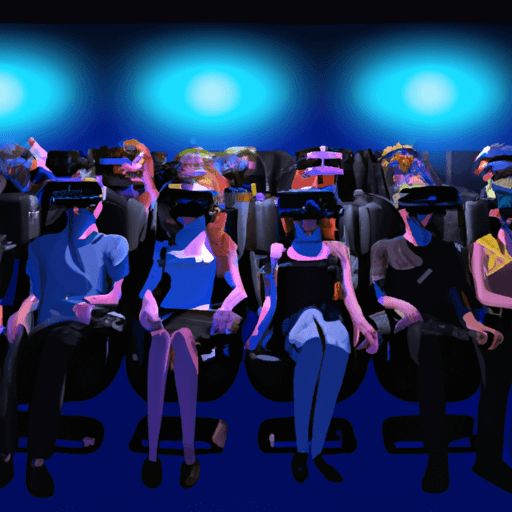The Evolution of Virtual Reality in Cinema: An Exploration
Virtual reality (VR) has been growing in popularity and masses have become more accustomed to its experiential capabilities. The film industry, always at the forefront of novel entertainment technologies, has not been left behind in embracing VR. The technology opens up a realm of possibilities and challenges, radically changing the way audiences consume content and filmmakers tell stories.
VR in Cinema: Creating Immersive Experiences
At the heart of VR's appeal is its ability to create immersive experiences. Standard cinema projects a story onto a screen, placing a barrier between the audience and the narrative. VR technology dismantles this wall, allowing viewers to step directly into the drama. Films like 'The Lion King: The Gift' and ESPN’s original series “Enhanced” have set a precedent for VR cinema for their immersive and thrilling experiences.
The Technology: Providing Storytellers with More Control
On the creative side, VR provides a new level of control for filmmakers. Directors can guide their audience's attention and experiences more directly than ever before. This provides opportunities for new forms of storytelling enhanced by the highly interactive medium.
Negative Impacts: Accessibility, Health Implications, and Costs
Despite its potential, there are significant challenges to consider when understanding the future of VR in cinema. Accessibility is a key issue, with expensive VR hardware potentially limiting the reach of VR-enhanced cinema. Health implications, including motion sickness and disorientation, can also make VR a less appealing option for some viewers. Additionally, high production costs may deter filmmakers from fully embracing the technology.
The Future of VR in Cinema
The future of VR in cinema is bound to be thrilling. As technology improves and becomes more accessible, we can anticipate even more immersive stories that tap into our senses in ways traditional film never could. But, it's imperative for the industry to address its significant limitations, such as making VR technology more accessible and user-friendly, and reducing costs for both movie creators and watchers alike.
Concluding Thoughts
VR holds immense potential for reshaping our cinema experiences. Today, VR is more than just a technological phenomenon, it has become part of a greater cultural narrative. Its rise in the film industry is just the beginning of a wider integration of VR into our everyday lives. The future may hold an entirely new form of storytelling, with VR at its core.


















Comments
Leave a Comment